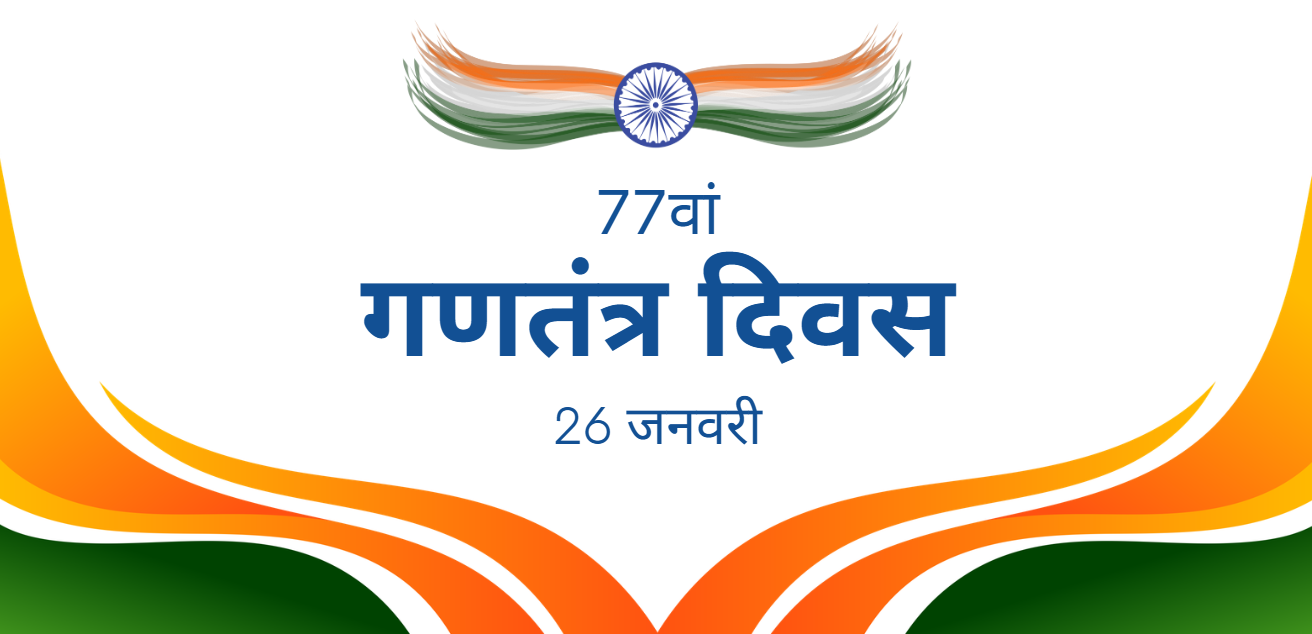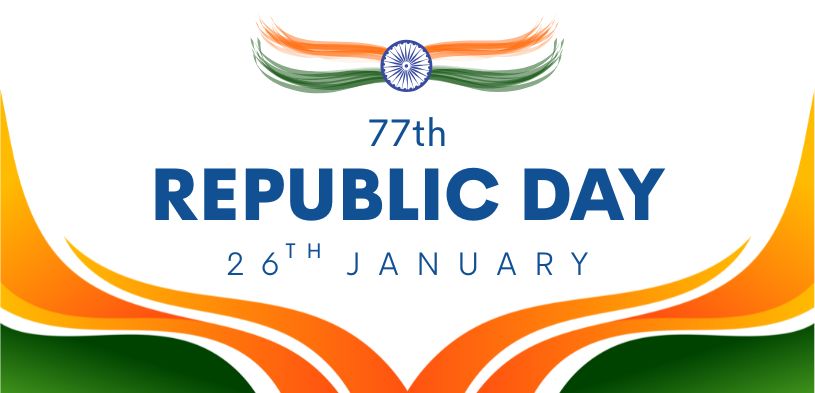Inclusive education ensures that every student gets equal access to learning. This includes children with special needs.
India has taken important steps to promote inclusive education across schools and institutions.
One organization that strongly supports this mission is Narayan Seva Sansthan (NSS).
Founded in 1985 and based in Udaipur, NSS works to uplift people with disabilities and those from underprivileged backgrounds.
Today, the organization plays a key role in education, rehabilitation, and social inclusion.
Challenges in Implementing Inclusive Education in India
Inclusive education in India still faces several challenges. These challenges fall into three main areas.
1. Infrastructure and Resources
- Many schools lack ramps, elevators, and accessible classrooms.
- Students with physical disabilities struggle to move freely in school buildings.
- There is limited access to assistive tools such as Braille books and audio learning material.
- Communication devices and tactile learning aids are often unavailable.
Without proper infrastructure and resources, students cannot fully participate in learning.
2. Training and Awareness
- Many teachers are not trained to support students with disabilities.
- Inclusive teaching methods are not widely practiced.
- There is a shortage of special educators and therapists.
- Parents and communities often lack awareness about disability rights.
This leads to low expectations and limited support for inclusive education.
3. Societal Attitudes
- Stigma and stereotypes still exist around disability.
- Students may face exclusion, bullying, or isolation.
- Disability is often seen as a burden rather than a strength.
Changing these attitudes requires awareness, advocacy, and social acceptance.
Initiatives by Narayan Seva Sansthan to Support Students with Special Needs
Narayan Seva Sansthan runs several initiatives to support inclusive education and rehabilitation.
- Physical Rehabilitation: NSS provides free corrective surgeries for people with disabilities.
- Economic Rehabilitation: Skill development programs help individuals earn a livelihood.
- Social Rehabilitation: Mass wedding ceremonies promote dignity and social inclusion.
- Education: NSS offers free education to children from tribal and low-income areas.
- Aid Distribution: Over 2,70,000 wheelchairs and thousands of mobility aids have been distributed.
- Awareness and Advocacy: Campaigns educate society about disability inclusion.
- Global Reach: NSS operates 480 branches in India and 49 branches worldwide.
- Fundraising: Donations are accepted online and are tax-exempt under Section 80G.
- Holistic Approach: NSS focuses on physical, social, and economic well-being.
Conclusion
Inclusive education is a basic right for every child.
Narayan Seva Sansthan has made a strong impact through education, rehabilitation, and advocacy.
Despite this progress, more work is needed to achieve full inclusion.
Government bodies, organizations, and communities must work together to ensure that no student is left behind.




